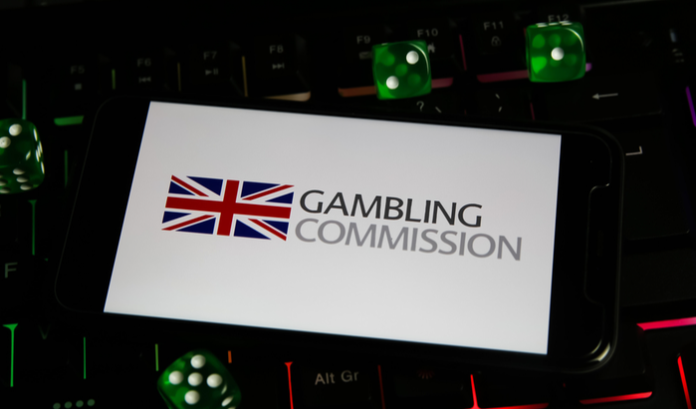The UK Gambling Commission (UKGC) has issued notice of significant changes to its upcoming ‘Young People and Gambling’ report, slated for release on November 10.
The last survey, published in October 2019, looked at the forms of gambling and gambling style games that young people were legally participating in, along with gambling on age restricted products.
As a result of the COVID-19 pandemic, which precipitated school closures in the UK, the Commission has not been able to conduct its usual survey.
Therefore, capitalising on the time afforded to them, the UKGC’s research team set about devising ways in which the report survey could be positively changed and help them to better understand gambling issues, concerns and habits among 11-16-year-olds.
The UKGC noted: “Gambling is a tricky subject to research, especially amongst 11 to 16-year-olds whose understanding of what is and isn’t gambling, and experience of gambling, varies widely.
“We also cover some sensitive topics in the survey, including questions which are used to identify young people who may be experiencing difficulties with their gambling.
“It is worth remembering that the questions we ask to children and young people about problem gambling are different to those we ask to adults and, therefore, results are not comparable.”
Seeking to improve the survey’s design, the UKGC had the 2019 report peer-reviewed by the Government Statistical Service (GSS), with feedback used to improve the 2022 report.
Changes will see the report provide a distinction on young people’s active involvement in gambling (those who spend money on gambling) alongside wider experiences of gambling (betting with friends, family, etc).
Helping improve research consistencies, the report will focus only on gambling activities that young people have experienced or been actively involved with in the past 12 months.
Significantly, the report will only feature questions in the youth-adapted problem gambling screener (DSM-IV-MR-J) of young people actively involved in gambling.
The change ensures that problem gambling estimates reflect “young people who have spent their own money on gambling”.
“We’ll be continuing to develop our use of this data to build a fuller understanding, particularly the extent and severity of gambling-related harms they may experience,” the regulator added.
“Given the changes that have been made, the report will include data for 2022 only and will form a benchmark against which future waves of research can be measured. Findings will not be directly comparable with previous releases.”
The issue of young people and gambling has been regularly addressed this year, with the Committee of Advertising Practice (CAP) implementing its new directive earlier this month, including a stringent set of new advertising rules.
Under the new measures, gambling and lottery advertisements must not “be likely to be of strong appeal to children or young persons, especially by reflecting or being associated with youth culture”.
In response, Camelot removed two games – Monopoly and Scrabble – from the National Lottery online portfolio.




























